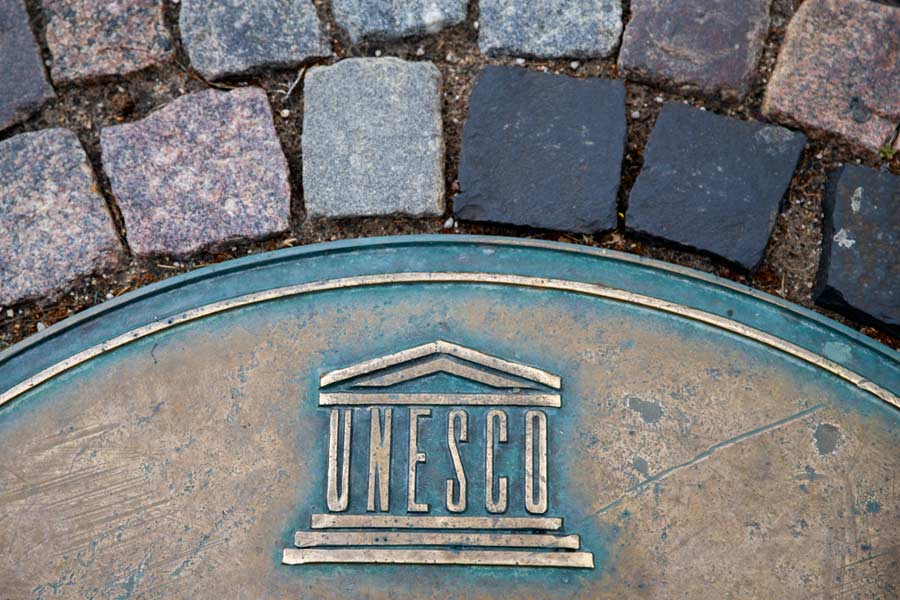The 193 member states of the United Nations’ cultural agency are expected to back the United States' return to the organisation almost five years after then-President Donald Trump withdrew over accusations of anti-Israel bias and mismanagement.
The Paris-based agency, founded in the ashes of World War Two to protect humanity's common cultural inheritance, was thrown into turmoil after the United States - which provided a fifth of its funding - pulled out.
The US State Department indicated in a letter dated on June 8 that it wanted to rejoin the organisation in July as a full member and that it intended to repay $619 million in arrears in instalments over several years. The member states will make their decision at an extraordinary session on Thursday and Friday.
"Since our withdrawal from UNESCO on December 31, 2018, we have noted UNESCO's efforts to implement key management and administrative reforms, as well as its focus on decreasing politicised debate, especially on Middle East issues," said the US letter, seen by Reuters.
UNESCO's director-general, Audrey Azoulay, has sought to ease some of the political tensions and polarization, as well as better manage the organisation financially, while finding ways to fill the financial gap left by Washington's departure.
"This comes after a lot of work to persuade, educate and explain on the current realities of UNESCO," Azoulay, who is French, told reporters, adding that she had personally lobbied U.S. lawmakers for several months.
UNESCO - the United Nations Educational, Scientific and Cultural Organization - is best known for designating and protecting archaeological and heritage sites, from the Galapagos Islands to the tombs of Timbuktu.
Most of its activities are not controversial - but issues such as resolutions about how religious sites should be run in Jerusalem have been highly charged. Azoulay said those issues were now a thing of the past after finding consensus between Israeli and Palestinians.
Israel also pulled out of UNESCO following Washington's departure. At this stage there are no negotiations for its return, Azoulay said.
US law forbids Washington from funding U.N. bodies that have admitted Palestine as a full member. Its return to UNESCO was enabled after a waiver from the U.S. Congress earlier this year. The waiver will be in effect until the end of 2025.
Under its plan for a proposed return, the U.S. said it would pay $150 million for 2024, which would include its annual contribution and arrears. It would also provide additional, voluntary funding of $10 million, which would in part be used for Holocaust education, journalist safety, and preserving Ukraine's cultural heritage.
Part of the rationale for Congress to offer the waiver was curtailing China's growing sway at the agency where it is one of the largest donors.
Azoulay said China had responded at UNESCO to the potential US return by saying it should be constructive and not oppose one state.











